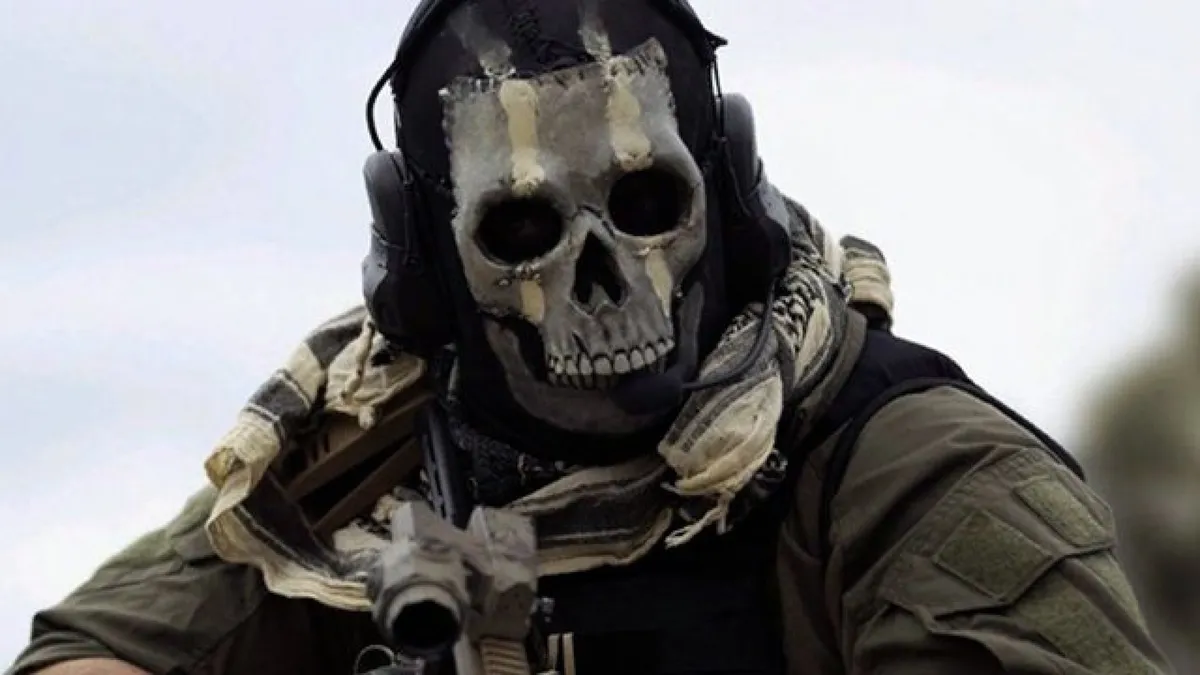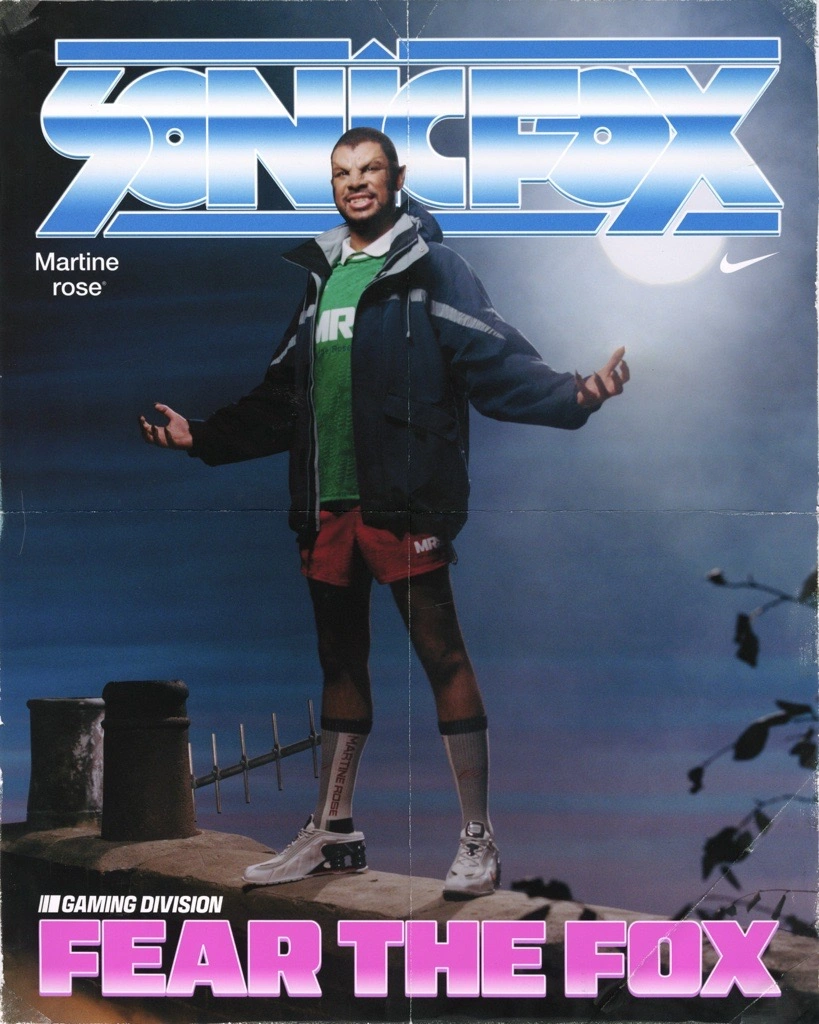There is a particular kind of cinematic exhaustion reserved for the grand finales of legacy franchises. It’s not the fatigue of sitting through long runtimes, nor the weariness of plot contrivances. It’s something subtler, sadder: the feeling that a story has confused culmination with commemoration, conflating emotional payoff with historical preservation. “Mission: Impossible — The Final Reckoning” suffers from exactly this confusion. Though billed as the high-octane, era-defining farewell to Ethan Hunt’s decades-long crusade against global annihilation, the film feels more like an extended museum tour than a living, breathing final act.
Director Christopher McQuarrie and star-producer Tom Cruise have, over the last ten years, transformed Mission: Impossible into something mythic — part opera, part endurance test, part auteurist manifesto. The trilogy formed by Rogue Nation, Fallout, and Dead Reckoning (now rebranded as part of The Final Reckoning) was a streak of creative clarity in the modern action genre. But The Final Reckoning, intended as the capstone to the saga, arrives bloated, overly referential, and structurally incoherent. At its core, the film is not about Ethan Hunt anymore. It is about Mission: Impossible itself — the IP, the mythology, the relics of previous setpieces. And in that backward-looking posture, it loses the immediacy that once made the series so vital.
The Weight of Nostalgia
The film opens with a prologue that is part montage, part sermon — a “greatest hits” reel of Ethan’s legacy divided into neat thematic boxes: love, betrayal, loyalty, villainy. It’s a move that announces the film’s preoccupation with self-reference. Whereas Fallout thrived on forward momentum and Rogue Nation on narrative tightrope tension, The Final Reckoning is intent on memorializing itself while it still runs. This rearview mirror gaze infects the entire experience.
Characters reappear not because the story demands it, but because their previous presence must be acknowledged. Ilsa Faust (Rebecca Ferguson), Benji Dunn (Simon Pegg), Luther Stickell (Ving Rhames), and even Julia Meade (Michelle Monaghan) float in and out of the narrative as emotional symbols rather than dramatic agents. The script gestures at thematic depth — the weight of sacrifice, the futility of control, the inevitability of obsolescence — but it cannot properly dramatize any of it, because it is too busy checking boxes.
In its effort to be a culmination, The Final Reckoning forgets to be a film. It becomes an archive, where character development is secondary to myth maintenance.
The Impossible Mission of Structure
The film’s most crippling flaw is its lack of narrative architecture. McQuarrie, who once orchestrated elegantly suspenseful sequences with Hitchcockian precision, here throws every convention of pacing and escalation out the window. Clocking in at 160 minutes, the film operates as a mosaic of disconnected missions, some of them breathtaking, others dead on arrival.
There’s a heist sequence in Istanbul involving a data vault embedded inside a moving train that delivers the series’ signature tension. There’s a lengthy submarine standoff reminiscent of Cold War thrillers. And of course, there is a Tom Cruise stunt — this time involving a midair transfer between a motorcycle, a drone, and a descending escape pod — that defies belief and physics alike. But these spectacles, however jaw-dropping in isolation, are bound together by narrative duct tape.
The central threat, an omniscient AI system known as “The Entity,” is conceptually intriguing but cinematically inert. It’s hard to feel tension when your antagonist is a floating algorithm, especially one rendered with such inconsistent logic. The film attempts to evoke real-world anxieties about surveillance, autonomy, and machine consciousness, but it does so with dialogue that clunks and exposition that feels algorithmically generated itself.
Moreover, the editing choices are baffling. Transitions are abrupt, character motivations shift without warning, and entire sequences feel stapled together with voiceover rather than causal action. It’s as if the film were frantically reassembled in post-production, unsure of what shape it should take.
A Reluctant Hero and a Franchise’s Fade
Tom Cruise, as ever, commits himself physically and emotionally to the role of Ethan Hunt. At 62, his face is lined, his frame a little leaner, but his velocity remains unmatched. And yet, for the first time, the cracks show. Not in his performance, which is as haunted and hyper-functional as ever, but in the character itself. Ethan Hunt has always been something of an emotional cipher — his backstory a blur, his motivations more spiritual than psychological — but here he seems less like a man driven to protect the world and more like a ghost haunting his own legend.
Cruise has famously insisted that he will keep making these films as long as audiences show up. And they will, no doubt. But The Final Reckoning reveals something Cruise may not have realized: the man can still run, jump, and climb, but the story around him is running out of runway. The film’s climax — a chaotic symphony of destruction atop a mountain-bound bullet train — aims for transcendence but lands in exhaustion. When the dust settles and the screen fades to black, there is no catharsis, only static.
This may not be Cruise’s final bow as Ethan Hunt, despite the title’s implication. But if it is, it’s a strangely quiet goodbye — not narratively, but spiritually. Ethan saves the day, again. But for once, he doesn’t seem to know why.
The Legacy Dilemma
The difficulty with long-running franchises is not in maintaining spectacle, but in evolving character. Mission: Impossible built its reputation on practical effects, impossible stunts, and an unusually consistent tonal discipline. From Brian De Palma’s paranoia-inflected original to Brad Bird’s playful Ghost Protocol, the series has always been a shapeshifter — nimble enough to respond to shifts in culture and cinema.
But now, in an era when everything from Fast & Furious to The Marvels is contorting itself to maintain continuity, The Final Reckoning feels more like an echo chamber than an evolution. It replays its hits but offers few new notes. The women are sidelined. The villains are forgettable. The emotional stakes are recycled.
The introduction of Hayley Atwell’s character, Grace — a master thief with no allegiance but her own — offers a glimmer of narrative vitality. She is skeptical, clever, and more grounded than many of the IMF team’s superhuman operatives. But the film does little with her arc beyond setting her up as a potential successor, and even that remains vague.
It is telling that the film cannot decide whether it wants to pass the torch or burn it. McQuarrie’s camera lingers on Cruise like a director eulogizing an era, but it offers no new vision to follow.
Where the Pulse Fades
There are moments in The Final Reckoning that recall the franchise at its zenith — a motorcycle barreling down the steps of a Roman cathedral, a silent duel in the middle of a crowded train station, a whispered conversation that feels like it could detonate the world. But these are scattered fragments, not components of a cohesive engine.
The heart of Mission: Impossible was always its clarity: of stakes, of relationships, of ethical tension. Ethan Hunt did impossible things not because he was superhuman, but because he was willing to suffer for strangers. He ran not away from death but toward responsibility. That is what separated him from the increasingly invincible superhero genre. But now, weighed down by legacy and burdened with lore, the series feels less like a mission and more like a mandate.
What was once immediate has become ornamental. What once pulsed now plods.
A Reckoning Without Resolution
“Mission: Impossible — The Final Reckoning” is not a bad film, but it is a misguided one. It is operatic in scale, uneven in tempo, and nostalgic to the point of necrosis. For longtime fans, there are pleasures to be found in its reverent callbacks and technical bravura. But as a work of cinema, it lacks propulsion.
There is no denying the cultural significance of the Mission: Impossible franchise. It redefined what action movies could look like. It made stunts visceral again. It carved out a space for adult thrillers in an era of adolescent blockbusters. And it gave Tom Cruise — for better or worse — his modern mythos.
But “The Final Reckoning” does not feel like a chapter closing. It feels like a scrapbook — lovingly assembled, painstakingly curated, but ultimately unable to live. If the mission was to end with grace, this film fails. If the mission was to remind us what once was, it succeeds.
In the end, maybe that is enough for some. But for those who remember the rush of that first vault drop, the cold sweat of the Langley break-in, or the silent descent in the Kremlin — The Final Reckoning is a reckoning without resonance. It leaves behind spectacle, but no soul. A final bow, perhaps, but not a standing ovation.
No comments yet.








